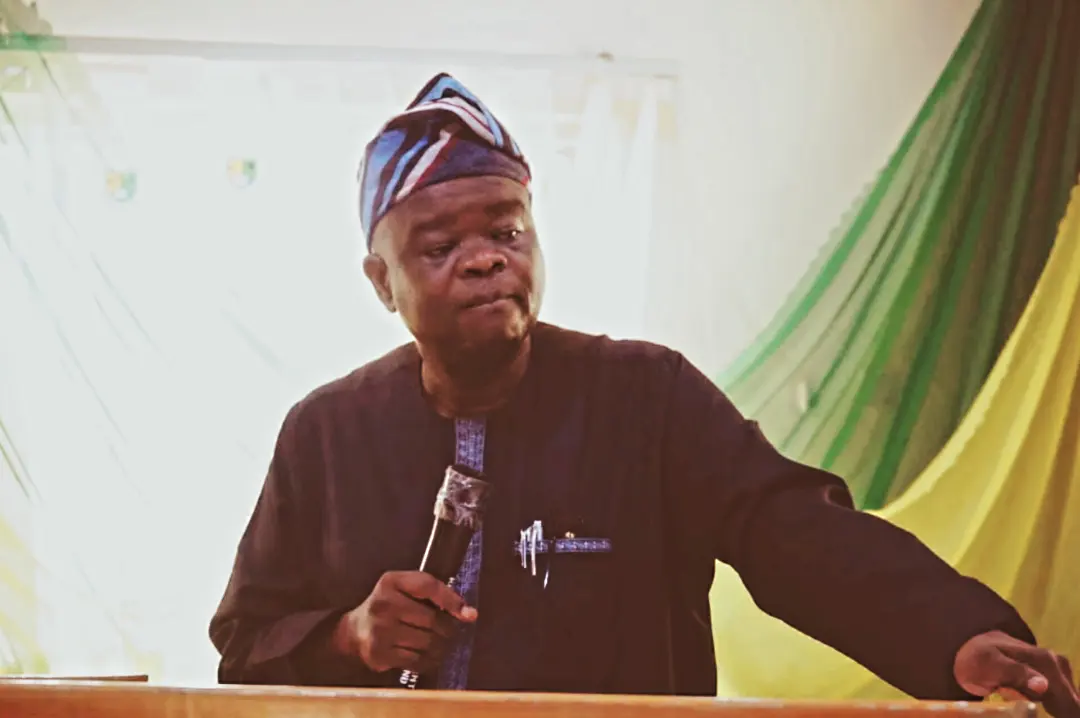Chairman of the Independent Corrupt Practices and Other Related Offences Commission (ICPC), Dr. Musa Adamu Aliyu, SAN, has explained how corrupt practices and other related offences undermine the rule of law by compromising transparency and fostering the culture of impunity; emphasing that the Rule of Law was important in maintaining justice, equality and accountability in Nigeria.
Dr. Aliyu explained this at the ongoing 3rd African International Conference on The Rule of Law, Public Service and National Development, which commenced on Tuesday at the Nassarawa State University, Keffi; Nasarawa State.
The ICPC Chairman, represented by the Provost of the Anti-Corruption Academy of Nigeria (ACAN), Professor Olatunde Babawale asserted that corrupt practices foster a culture of impunity and erode public trust in government institutions.
Aliyu described the Rule of Law as the cornerstone of national development providing the framework that is required not just to preserve democracy, but also to ensure accountability in governance, as well as the protection of human rights.
He further added that “When people believe that public officials are corrupt and act without consequence, they are less likely to follow laws, pay taxes, or engage in democratic processes…”
The ICPC Chairman outlined various corruption prevention strategies employed by the ICPC, including capacity building programmes, public enlightenment campaigns, and policy analysis, while highlighting the tools and initiatives the Commission uses to combat corruption.
According to him, “There is need for institutional reforms to strengthen governance structures, promote openness, and facilitate public participation. We must all get involved if we want to achieve a corruption-free Nigeria Thus; all stakeholders are to join forces to combat corrupt practices and other related offences to achieve a corruption-free Nigeria”.
The Guest of Honour and also the Keynote speaker at the event, Honourable Justice Monica Dongban-Mensem, President of the Court of Appeal stated that “The Conference is of great importance as it makes way for the critical means to ensure the enforcement of the rule of law and the fundamental principles of public law and also to maintain and enhance the integrity of public service”.
In her words, “Good Governance establishes credibility which is a critical prerequisite of accessing resources; good governance engenders trust which facilitates the collaboration necessary to achieve collective goals.”
The Conference is scheduled to be held for six days encompassing educative plenary sessions beneficial to participants.


